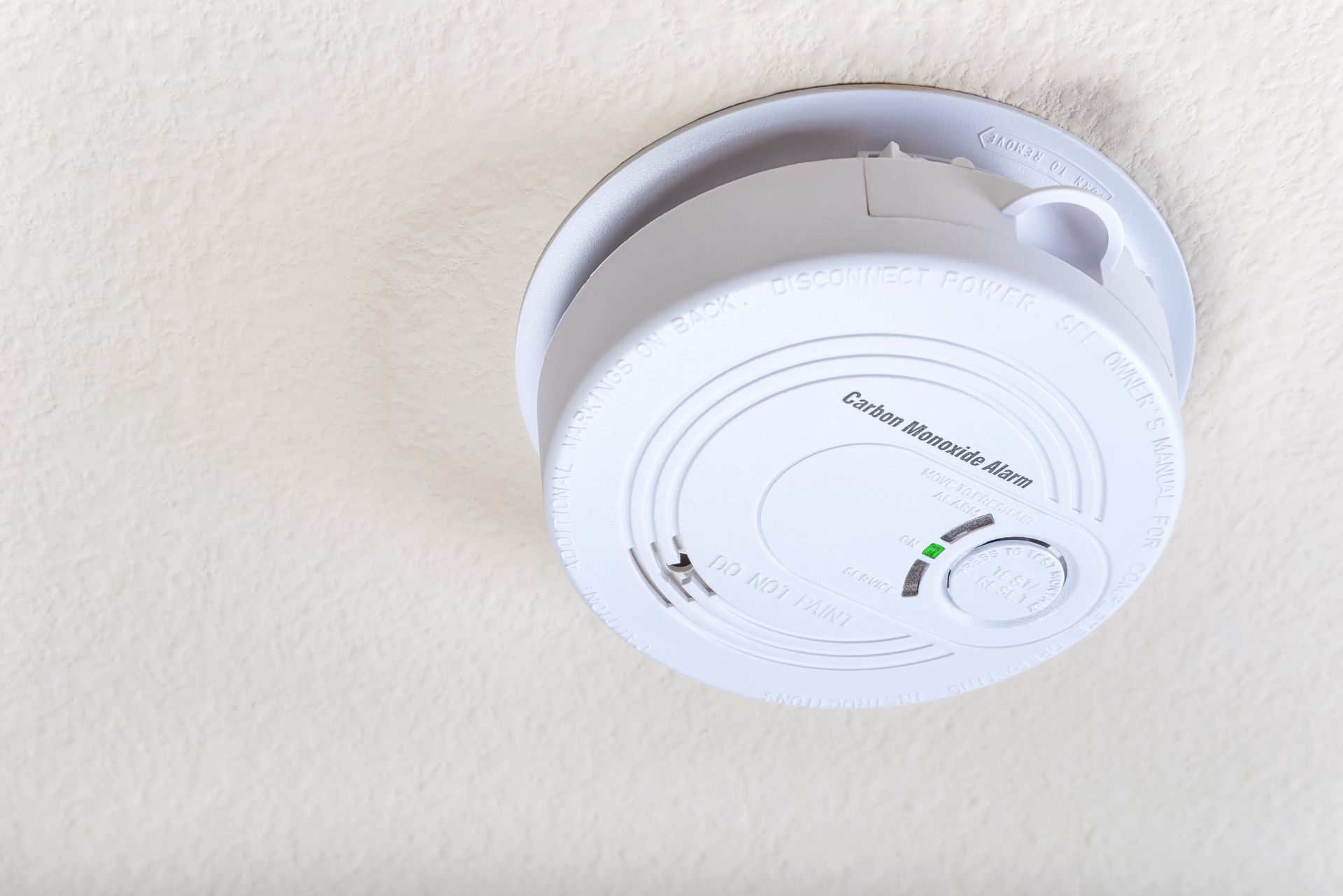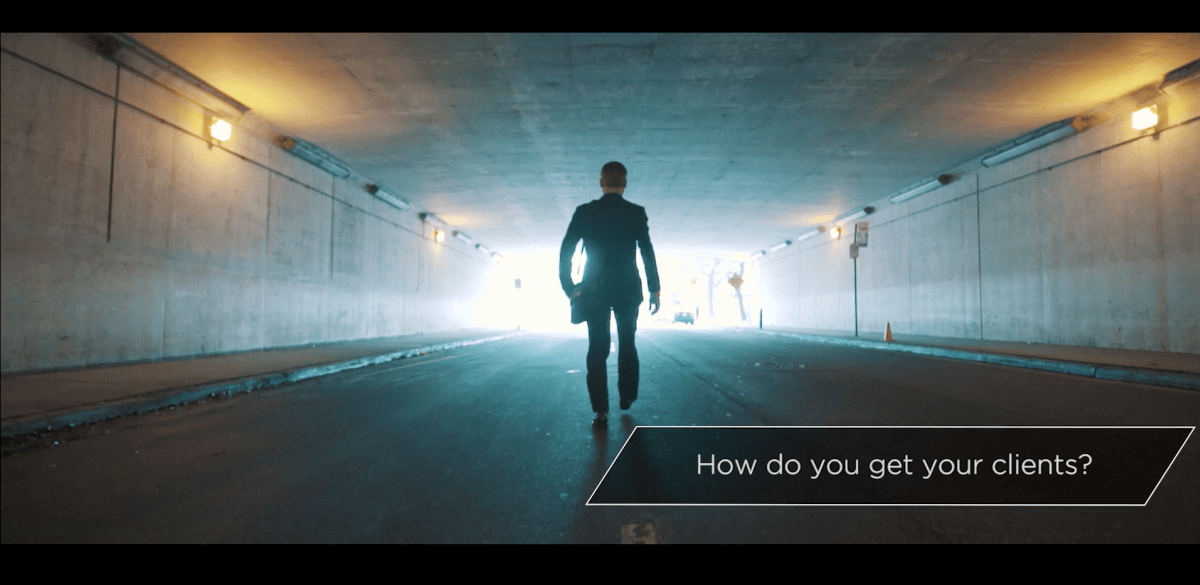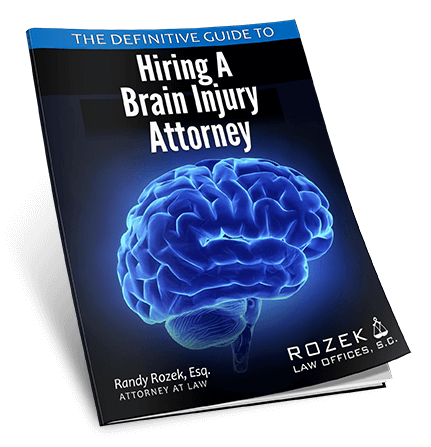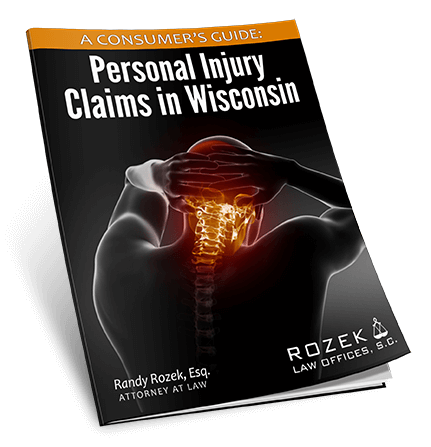Spit could predict head injury outcomes in children
A new study by researchers at Penn State revealed that testing a child’s spit following a potential concussion could tell doctors whether concussion symptoms will last for days or for weeks. The test measures fragments of genetic material found in saliva. According to an article on the NPR website, the saliva test was nearly 90 […]
A new study by researchers at Penn State revealed that testing a child’s spit following a potential concussion could tell doctors whether concussion symptoms will last for days or for weeks.
The test measures fragments of genetic material found in saliva.
According to an article on the NPR website, the saliva test was nearly 90 percent accurate in identifying children and adolescents whose symptoms persisted for at least a month. In contrast, a concussion survey that most doctors currently use was right less than 70 percent of the time.
“If the experimental test pans out, a pediatrician could collect saliva with a swab, send it off to the lab and then be able to call the family the next day,” says Steven Hicks, an assistant professor of pediatrics at Penn State Hershey,” the article reads. “Hicks helped develop the test and consults for a company that hopes to market concussion tests.”
The test could help doctors to properly asses and treat concussions, which affect more than one million children and adolescents in the U.S. each year.
While some cases of concussion are minor, only leaving children with symptoms for a few days, about 25 percent of child patients who sustain a concussion are left with prolonged symptoms such as nausea, headaches, cognitive issue, and fatigue. Those symptoms often last from one to four months following the injury.
There is currently no other test available that can evaluate how long concussion symptoms will last.
“Parents often say that their biggest concern is, ‘When is my child going to be back to normal again?’ ” Hicks says. “And that’s something we have a very difficult time predicting.”
Hicks and a team of researchers tested microRNAs, which often turn up in blood and even in saliva following an injury. The team studied 50 children between the ages of 7 and 18 who had sustained a concussion.
“When they came to our medical center and received the diagnosis of concussion, we evaluated them with some standard survey-based tools and then we also got a sample of their saliva,” Hicks says. Most samples were collected about a week after the injury.
The team measured the microRNA levels and eventually identified a handful that allowed them to predict how long concussion symptoms would last. The team also reportedly discovered one microRNA that allowed them to predict what symptoms a child with a concussion would experience.
“And microRNAs offer a promising way to assess concussions in adults as well as children,” the article reads.
















